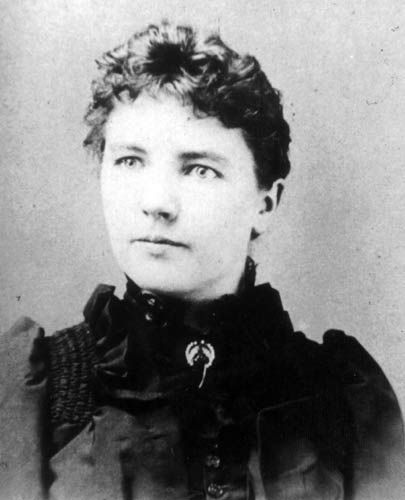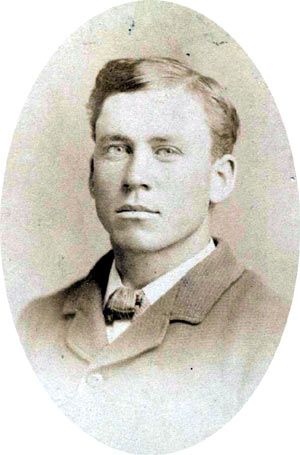Little Writer in the Cramped Spare Bedroom, Pt. 2
 Last week I blogged about the storytelling skills of one of most beloved authors, Laura Ingalls Wilder. Wilder wrote about what she knew, the American frontier and farm life in the late 19th century. Her success stemmed from her ability to wring tension and detail out of universal emotions. Each of her scenes has a quiet simplicity; each also ratchets up tension to a payoff with technique that Paganini would envy. Whether she’s describing a struggle against nature (the omnipresent antagonist) or a schoolchild’s peccadillo, she never misses an opportunity to wring tension out of the scene.
Last week I blogged about the storytelling skills of one of most beloved authors, Laura Ingalls Wilder. Wilder wrote about what she knew, the American frontier and farm life in the late 19th century. Her success stemmed from her ability to wring tension and detail out of universal emotions. Each of her scenes has a quiet simplicity; each also ratchets up tension to a payoff with technique that Paganini would envy. Whether she’s describing a struggle against nature (the omnipresent antagonist) or a schoolchild’s peccadillo, she never misses an opportunity to wring tension out of the scene.Here’s another example from her third novel FARMER BOY, a depiction of her husband Almanzo’s days growing up on a farm in upstate New York. Wilder opened her story with a conflict between the kindly but milquetoast teacher Mr. Corse, and a gang of bullies terrorizing the school. Note how Wilder gradually ratchets the tension:

“He [Almanzo, the protagonist] heard Father say to Mr. Corse:
‘The Hardscrabble boys came to school today, Royal tells me.”
“Yes,” Mr. Corse said.
“I hear they’re saying they’ll throw you out.”
Mr. Corse said, “I guess they’ll be trying it.”
Father blew on the tea in his saucer. He tasted it, then drained the saucer and poured a little more tea into it.
“They have driven out two teachers,” he said. “Last year they hurt Jonas Lane so bad he died of it later.”
“I know,” Mr. Corse said. “Jonas Lane and I went to school together. He was my friend.”
Father did not say any more.
In this short scene, Wilder not only tells us of the danger to schoolteachers of the school, but links it to Mr. Corse. She’s raised the stakes. Now we care about what will happen to Mr. Corse.
Here’s her description of the Hardscrabble Boys, a gang who’d already killed one teacher and was ready to do it again:
“They smashed little boys’ sleds for fun. They’d catch a little boy and swing him by his legs, then let him go headfirst into the deep snow. Sometimes they made two little boys fight each other, though the little boys didn’t want to fight and begged to be let off. These big boys were sixteen or seventeen years old and they came to school only in the middle of the winter term.
“They came to thrash the teacher and break up the school. They boasted that no teacher could finish the winter term in that school, and no teacher ever had. Almanzo felt sick inside when he thought how the big boys would beat Mr. Corse. Mr. Corse wasn’t big enough to fight them.”
Danger abounds, and we’re only on page 5.
Wilder could have started her story off with some little peccadillo regarding farm life. She knew that would be boring. Instead, she begins with a high-stakes confrontation that sucks us into Almanzo’s world.
Simplicity, spare prose, universal emotions. Masterful storytelling.
If you haven’t already read one of Wilder’s books, do so soon. The discerning writer’s eye will easily deconstruct her methods--nuance wasn’t her forte. Her work is a refreshing dip in the well of pure storytelling.

 posted by Kathleen Bolton at
posted by Kathleen Bolton at 


0 Comments:
Post a Comment
<< Home